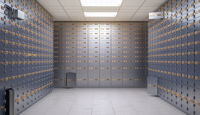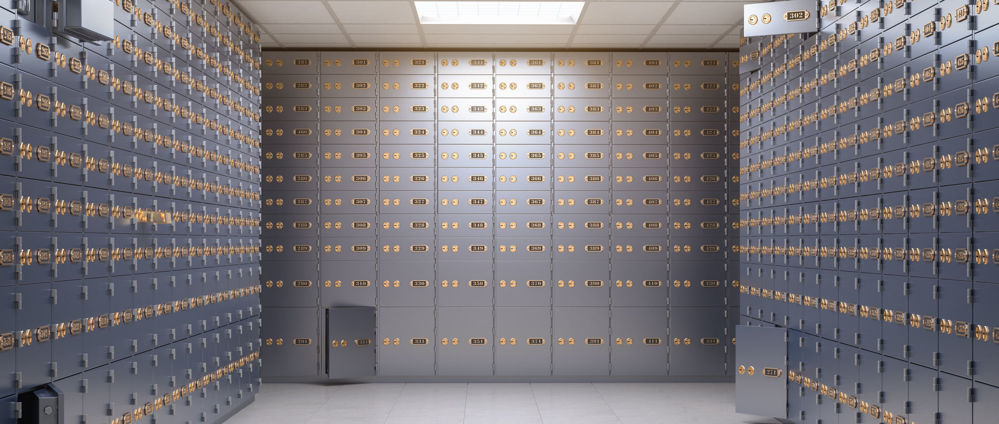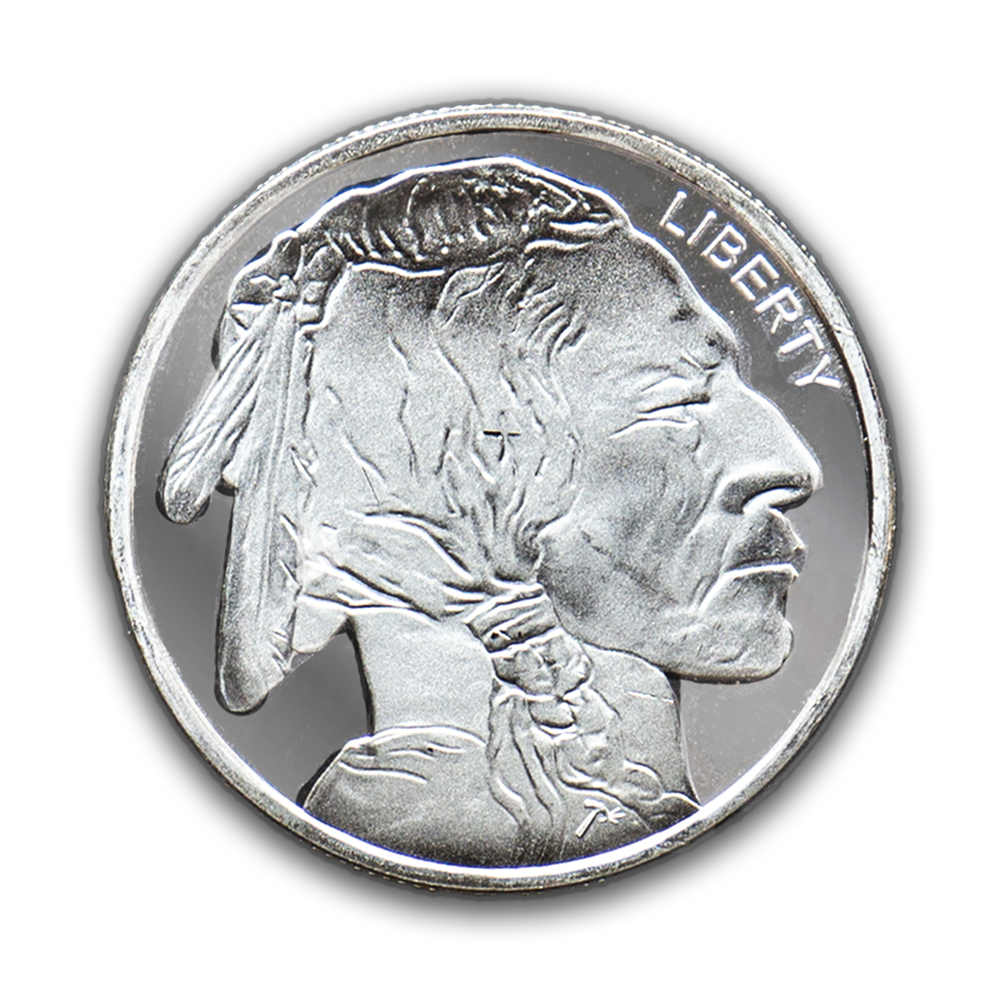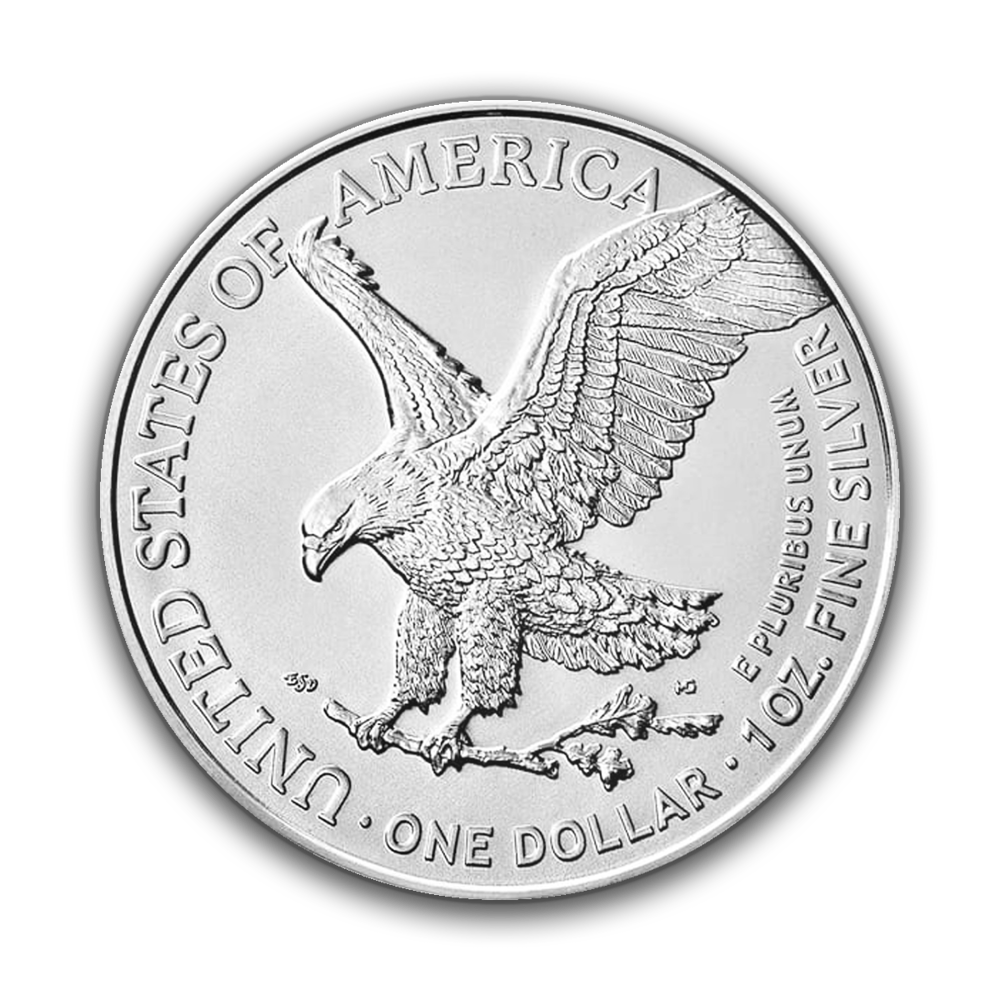Posted on April 26, 2022


Unlike investing in a stock or ETF, buying silver bullion comes with the responsibility of safely storing your silver. An investment in silver bullion requires investors to do some planning to ensure the security and availability of their silver. Silver bullion buyers – both new and seasoned – can benefit from knowing the best practices of silver bullion storage.
Investors in silver bullion usually love the idea of a tangible investment you can hold in your hand. Unfortunately, if you can hold it in your hand, that means that someone else can, too! Safely storing your silver is of paramount importance for all investors and can be achieved by protecting the bullion from loss, theft, or damage.
The four main options for silver storage are:
 Many people who invest in silver bullion do so because they want to have immediate access to their investment at any time. These investors will usually opt to store silver bullion in a home safe inside their residence or business.
Many people who invest in silver bullion do so because they want to have immediate access to their investment at any time. These investors will usually opt to store silver bullion in a home safe inside their residence or business.
Other individuals who choose a home safe may do so because they prefer to secure their investment against a bank robbery or want to prepare for emergencies where visiting a bank may not be possible.
Another point to consider: a home safe is also likely to be the most affordable option since it only incurs the one-time cost of purchasing a safe (and a recurring increase to your insurance, depending on how much silver you own). On the other hand, a significant investment in silver is likely to rapidly outgrow most residential safes…
A precious metals depository is a secure facility that stores high-value objects. Some depositories specialize in silver and other precious metals, while other depositories also accept deposits of other high-value items like artwork, antiques, or collectible cars. Depositories are designed to provide optimal, museum-quality conditions for storage, as well as the most rigorous safety and security standards. People who opt to store their silver in a precious metals depository often seek the peace of mind they get knowing their bullion investment is protected (and insured) by experts against almost every possible threat.
Depositories offer two distinct types of silver storage: allocated and unallocated. These are significantly different types of bullion storage, so make sure you understand the difference.
With allocated storage, the depository keeps the exact bullion items deposited by the account owner, setting them aside in a dedicated and segregated storage space.
Unallocated bullion is pooled storage, where investors’ bullion is mixed in with other bullion and when withdrawn, will be similar to – but not necessarily the same as – the bullion products initially deposited.
A safe deposit box is a viable option, though it has some drawbacks that must be taken into account. Safe deposit boxes are easy, convenient, and relatively affordable, not to mention the peace of mind you get from a bank’s security protocols. Investors with smaller quantities of silver bullion who do not need ready access may take advantage of bank safe deposit boxes as a storage option.
If you choose a safe deposit box, you will be limited by the bank’s working hours. Keep in mind you do not have automatic insurance coverage through the bank (as you would with dollars deposited at an FDIC-insured institution). Furthermore, since silver can take up a substantial amount of space, a safe deposit box can often become an expensive solution for those who own large amounts of silver.
To help prevent tarnishing, you should take care not to store tarnished silver bullion together with new or untarnished silver. It is also advisable to avoid storing pieces of unprotected silver together since they may rub and cause damage. Silver should also only be stored with silver and never kept together with other precious metals since these metals can scratch, damage, or react chemically with one another.
The first and most apparent difference between silver and gold storage is that silver takes up significantly more space. At roughly 70-80x the value of silver, gold is a much more compact investment than silver, which means lower storage costs for owners. Additionally, gold won’t tarnish like silver. Keeping silver in a sealed, airtight container can help present exposure to the elements that accelerate tarnishing.
 Yes. Not only should you leave your silver bullion in its packaging, but you may also even want to consider adding another layer of protection like a storage box or coin holder to protect your investment from potential damage.
Yes. Not only should you leave your silver bullion in its packaging, but you may also even want to consider adding another layer of protection like a storage box or coin holder to protect your investment from potential damage.
When you buy silver bullion, it typically comes in packaging designed specifically for its contents. The best containers to keep your silver in are those containers built specifically for silver bullion.
Many dealers sell their own storage boxes, which are ideal for the bullion they sell. Another popular container is the monster box, a plastic box made for shipping and storing bulk bullion in mint-sealed packaging. As a rule of thumb, containers should be sturdy, durable, protective, and size-appropriate for the bullion inside.
When storing bullion, it is vital to think about some other ways to protect your investment. First, you will want to purchase insurance to cover unexpected losses. It is also the investor’s responsibility to pay attention to maintaining the proper climate and humidity for silver to prevent tarnishing and damage since the softness of fine silver can make it prone to scratching.
Finally, remember, you don’t have to choose just one solution! You might start with a home safe for some of your silver, and choose to keep valuable collectibles in a bullion depository’s allocated storage. Depending on your particular priorities, you can probably mix and match among these storage options to meet your needs.